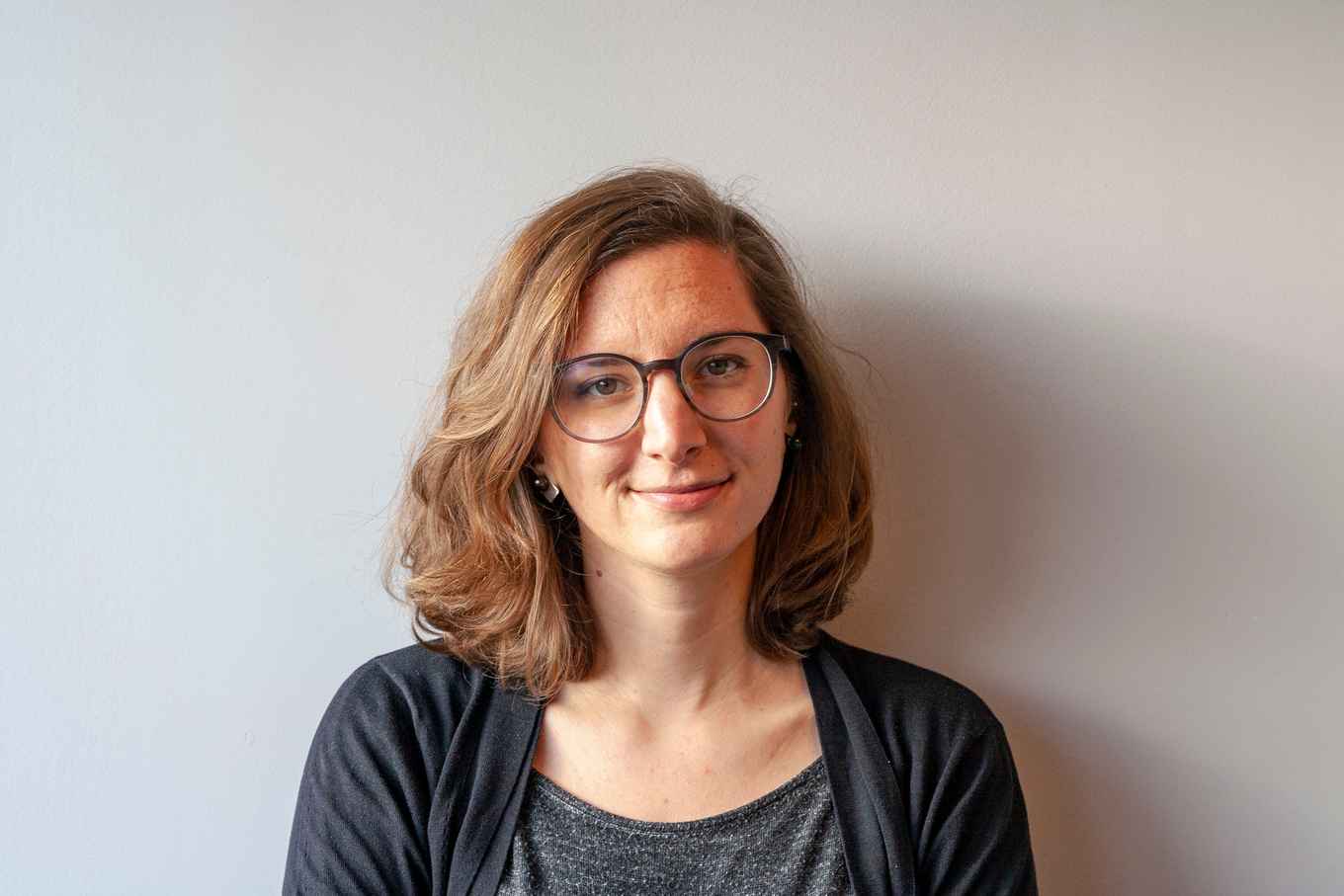New ACELG postdoctoral researcher Marta Morvillo
3 September 2018

CONPLEX’s overall goal is to contribute to the development of a constitutionally informed theory of expertise within the framework of the European Union. Focusing on policy fields characterised by the involvement of scientific and economic expertise, the research will explore how constitutional principles can enhance the democratic legitimacy of expert-based decision-making in the EU by triggering processes of mutual learning between European Courts and decision makers.
Marta holds a Ph.D. in Constitutional law from the University of Bologna, an LL.M. in Public law and global governance from King’s College London and a law degree cum laude from the University of Bologna.
Her doctoral thesis, titled ‘Who decides on technical legislation? Analysing the dialogue between politics and expertise in drafting and applying technical legislation’, focused on the genetic aspects of technical rules and standards, trying to outline the paradigms according to which technical contents influence legislative processes.
Since 2015, Marta has held post-doctoral positions at the University of Bologna (2015-2017) and at the European University Institute (Max Weber Fellowship 2017-2018) and has been visiting researcher at the Max Planck Institute for Comparative Public Law and International Law in Heidelberg (2015 and 2017).